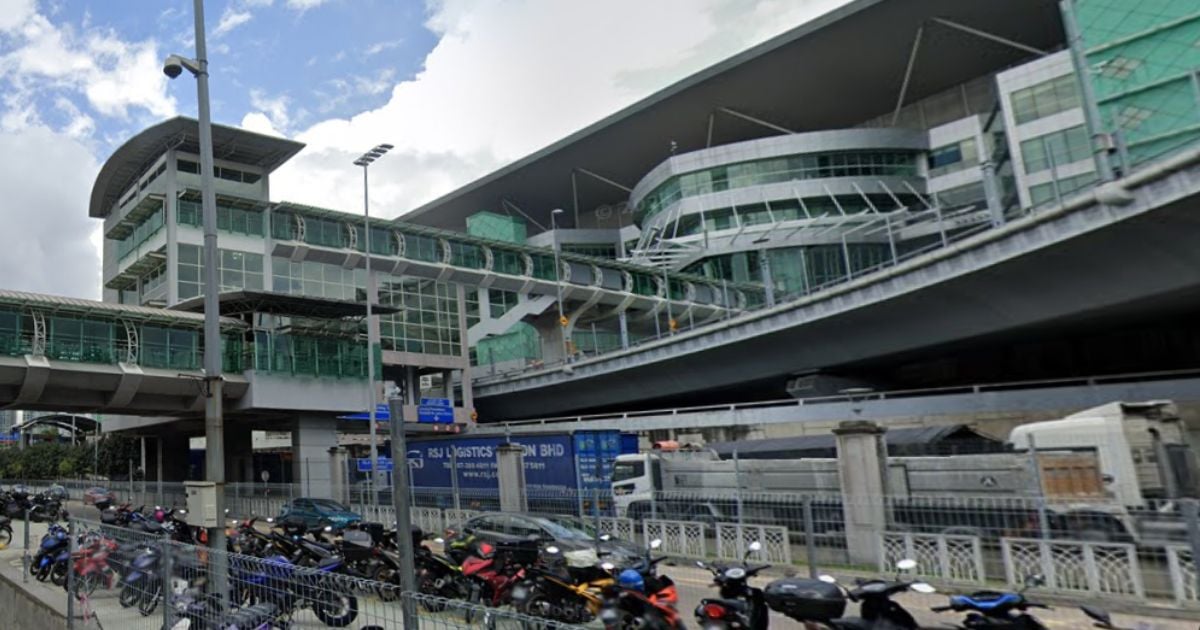On 19 March 2024, Shopback retrenched 195 workers, which is said to be 24% of its headcount. According to CEO Henry Chan, this was done in an effort to push for a “focused and self-sustainable company.”
Notifications were issued to retrenched workers who would be leaving them within an hour of the end of Town Hall, as stated in the shock announcement.
By 12pm on 18 March 2024, Shopbackers, which refers to the company’s employees, who would be leaving the company received a message on Slack and a calender invite from the HR team; according to the same announcement made on the Shopback website, this message included details of a meeting scheduled later in the day for the retrenched workers, their leader, and the HR team.
The company decided to keep all departures on the same day “out of respect and to ease transition for departing team members.”
Furthermore, the company also designated Tuesday, 19 March 2024, as the last in-office day for retrenched workers. This decision was made for laid off employees to have a “personal and direct” conversation with related persons, assuming that this will be regarding the company’s decision.
Acknowledging that this would be a difficult day for the retrenched employees, especially for Muslim Shopbackers, who are fasting during this period of Ramadan, the company announced that workers would have the day off to process this news, effective from the end of Town Hall.
In the announcement, CEO Henry Chan emphasized that he “is truly sorry” and he acknowledges “the difficulties it will bring to [retrenched workers].” He says that “this is one of the hardest decisions [he’s] had to make in the company’s history,” and advises everyone to “be there for one another.”
It’s a tough decision to make, and retrenchment doesn’t usually happen suddenly, so how did it become like this?
Cost Efficiency After Unsustainable Growth
According to CEO Henry Chan, in 2021 and the early 2022 period, the company prioritized increasing the company’s workforce from 550 to over 900 employees; this was done because during that period, the “economy favoured expansion over sustainability.”
However, this did not continue.
Over the past few years, “market sentiments shifted and aggressive growth became an unsustainable long-term strategy.” This ultimately led the company to make this final decision.
If you don’t know what that means, market sentiments refer to the current attitude or mood of investors regarding a stock, an industry, or the entire financial market.
This decision may not come as a surprise to those who are familiar with Shopback’s recent revenue losses.
According to DealstreetAsia, Shopback had posed losses of up to S$60.8 million for the year ended 31 March 2023 – up 27.5% from the previous year, which is a significant amount.
In the same report, Shopback had also experienced a considerable fall in revenue of about 25% to S$87.65 million in fiscal year 2023.
Hence, despite efforts to reduce costs in 2022, unsustainable growth remained a challenge.
In light of this, the company had already begun deliberating its next crucial decisions few months ago. The leaders “narrowed [their] focus, identified crucial and durable problem spaces to excel in the longer term, and established a more effective operating rhythm to keep [them] on track.”
Henry Chan added that they have a clearer strategy and company plans for 2024 and possess the cash reserves to actualize their goals.
However, this “leaner and more agile team” would come at the expense of their current workforce.
Compensations For Leaving Shopbackers
In the announcement made, the CEO foregrounded that the company will do their “very best to take care of [leaving Shopbackers],” hence providing them with the enhanced severance package.
This package includes:
- Receiving pay for at least two months of the employees’ notice period in line with notice periods as per their employment contracts or local statutory guidelines.
- Receiving one month of severance pay for every full year that the employee has worked in Shopback or based on local statutory guidelines.
- Receiving a bonus equivalent to one month pay, which will be distributed in equal portions if the employee has not worked for a full year. If the worker is a Business Development (BD) and Advertising Sales (Ad Sales) team member who is on the Sales Commission Scheme instead, the commissions they are eligible to receive (tabulated till the end of the first quarter of 2024) will be paid out to them.
- Receiving Accrued and unutilised Annual Leave, Off-In-Lieu, Birthday Leave and Maternity / Paternity Leave.
- Receiving a full year’s worth of Individual Development Plan (IDP) Budget
- Receiving an extended medical insurance coverage and mental health support up to 30 June 2024.
- Having the vesting schedule (an incentive program that, when fully acquired, gives an employee lump sum benefits of stock options, Corporate Financial Instituite) of workers’ employee stock option scheme grants accelerated to the next tier.
- Receiving career transition support via CV reviews, mock interviews and a professional coach or career transition support allowance based on the worker’s location.
- Having repatriation costs, including airfare and a budget for moving expenses, covered if the worker is a VISA holder who plans on moving back home.
To conclude, Henry Chan addressed the concerns of both leaving workers and remaining workers.
He expressed his regret for having to make his decision and took full accountability for it, saying that he “[pursued] too many directions as a company and [expanded] [their] team too rapidly.”
Henry Chan also added that he was grateful for the many contributions the leaving workers made to the company, adding that this unfortunate situation did not reflect their capabilities or efforts.
To the remaining workers, he emphasized that the team is committed to addressing any queries or concerns they may have in light of the change in the company’s organizational structure.
He acknowledged that this retrenchment was substantial, and explained that this was a necessary decision to prevent a situation like this from occurring in the future again.
To end off the announcement, Henry Chan highlighted the need to overcome these adversities together as a team.





